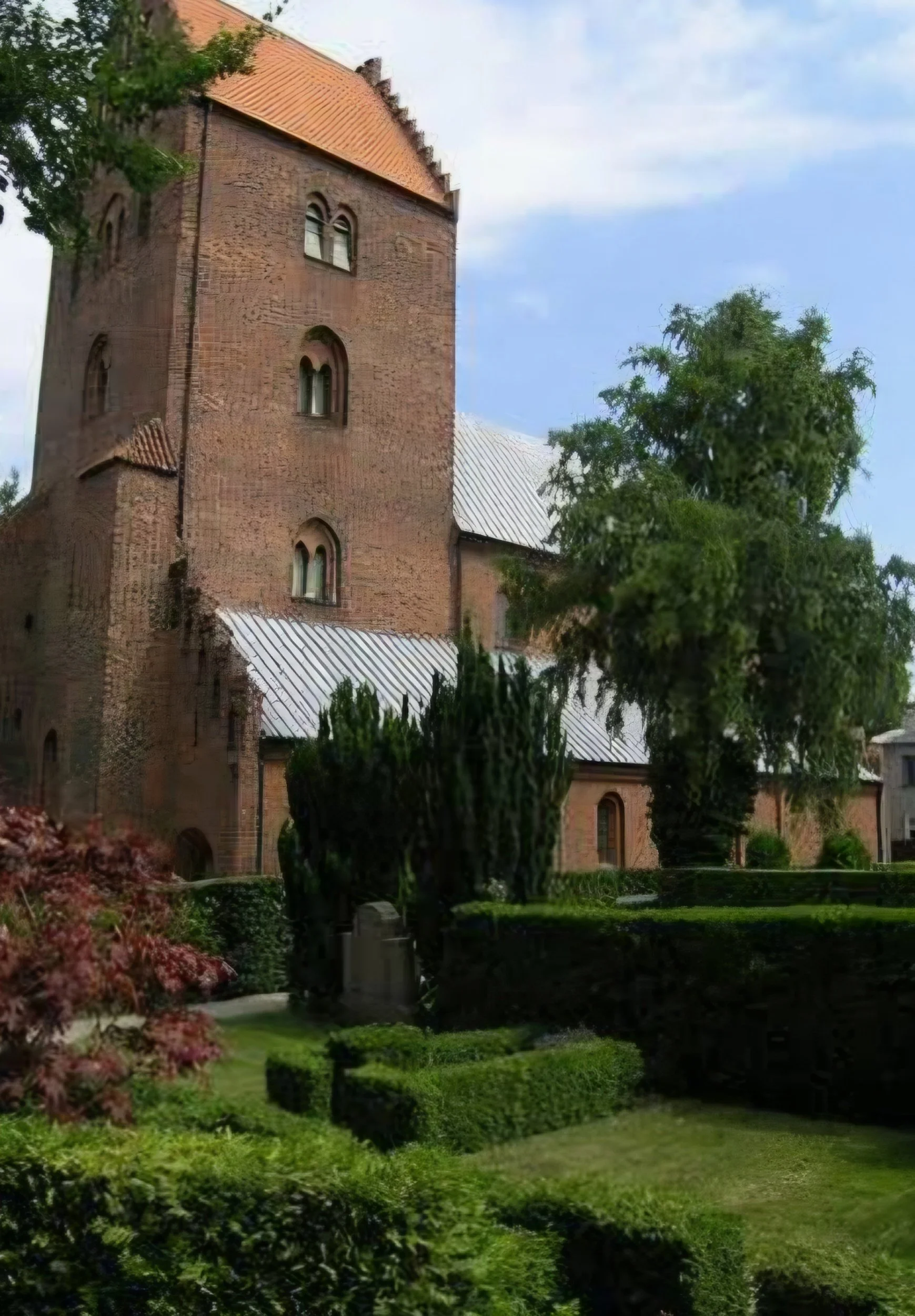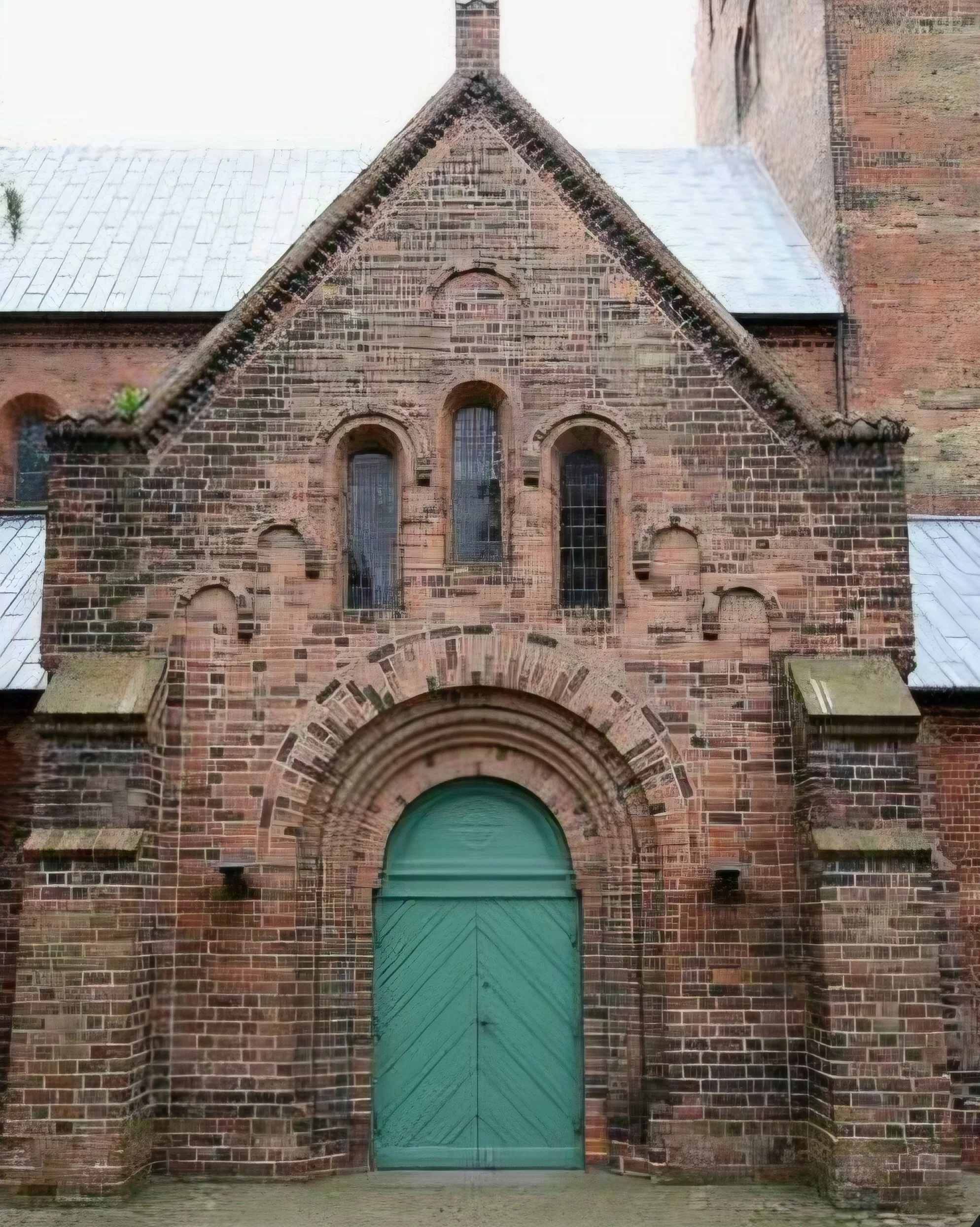Get Thee to a Nunnery… Adapted from Shakespeare’s Hamlet – Part II of IV
Part II: A Midsummer Night’s
Dream — Chaos, Comedy, and the Heart
Shakespeare’s forest is no ordinary place. It is a living dream, where reason unravels, where the heart plays its wildest cards, and where love—fickle, foolish, divine—takes on the shape of magic. A Midsummer Night’s Dream is not just a comedy of lovers lost and found; it is a study of the beautiful disorder within every human soul.
At the edge of Athens, we meet four young lovers—Hermia, Lysander, Helena, and Demetrius—entangled in desire and confusion. Hermia loves Lysander, but her father demands she wed Demetrius. Helena, in turn, adores Demetrius, who barely sees her at all. Their tangled affections spill into the moonlit forest, where human longing collides with fairy mischief.
Here rule Oberon and Titania, king and queen of the fairies—celestial forces of love and pride. Their quarrel over a changeling child disturbs the natural balance; seasons shift, the air thickens, and harmony itself is put on trial. To humble Titania, Oberon calls upon his trickster, the quicksilver Puck, whose charm and chaos fuel the play’s magic. Puck’s love potion, drawn from a flower struck by Cupid’s arrow, turns every heart it touches toward folly—reminding us that even enchantment can expose our human truth.
One by one, the lovers fall under the spell. Affections swap like masks in a carnival of confusion. Titania herself awakens to adore a mortal—Bottom, transformed, donkey-eared, and blissfully unaware. And somehow, through this tangle of dream logic and laughter, Shakespeare reveals something achingly honest: that love, in all its madness, is both divine and ridiculous.
When the spell fades, morning returns. The lovers awaken believing it was all a dream, and yet—each carries a trace of wonder, a glimmer of that moonlit wildness. It’s as though Shakespeare whispers: reality itself is the longest dream of all.
Beneath the comedy lies reflection—on illusion and truth, on art and awakening. The play becomes a mirror held to the audience: what is theatre, if not shared dreaming? What is love, if not surrender to something unseen? Puck’s final words leave us smiling but uncertain, caught between waking and wondering whether we, too, have been touched by magic.
“If we shadows have offended,
Think but this, and all is mended…”
Transition to Part III:
The dream fades, but the question deepens: if A Midsummer Night’s Dream reveals how fragile our senses of love and reality can be, then Hamlet exposes what happens when illusion collides with conscience. From moonlit confusion to midnight doubt, Shakespeare turns from youthful folly to the soul’s darker mirror—where choice, consequence, and truth test the heart of humanity itself.
Roskilde Abbey



